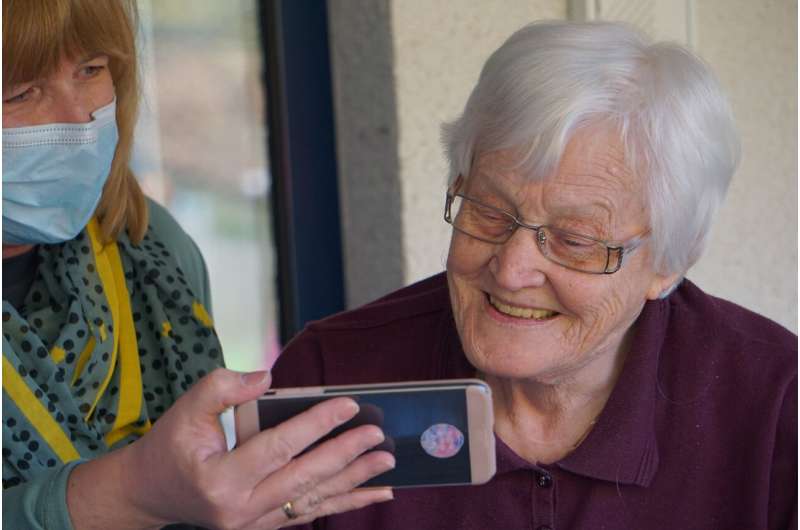
Research shows that many seniors living alone prefer to recover from acute illness in their own homes, rather than in long-term care facilities. Now a new study by researchers at UC San Francisco has identified one factor that buffers the likelihood of a “health shock” culminating in a nursing home stay of at least 30 days.
Older adults who said they could count on a friend or relative to “help with personal care if needed,” in the event of a hospitalization of at least two days or a new diagnosis of a life-threatening condition, reduced their risk of requiring institutional care over a two-year period from 14.2 percent to 10.9 percent.
In the study, which publishes in JAMA Internal Medicine on Nov. 15, 2021, the UCSF researchers tracked data from 4,772 adults who had been enrolled in the Health and Retirement Study, a nationally representative, longitudinal study that assessed changes in disability, health and wealth as participants transitioned from the workforce to retirement. The UCSF cohort was restricted to those aged 65 and older who lived alone in the community and managed activities of daily living, ranging from basic self-care to finances and home maintenance. They found that 68 percent of these participants experienced a sudden adverse change in their health status.
‘Unnerving’ number of seniors can’t count on assistance in health crisis
Among the older adults living alone, 38 percent were unable to identify a friend or family member to help them in the event of a serious health issue, a number that lead author Sachin Shah, MD, from the UCSF Division of Hospital Medicine, described as “unnerving.”
“I think they are quite vulnerable. We see it in the hospital all the time,” he said. “We admit people who could be OK at home if they only had a little support.”
Many older adults are able to take care of themselves until they experience a health crisis, said senior author Kenneth Covinsky, MD, of the UCSF Division of Geriatrics. “They may have been able to walk without help, shower, dress and manage their medications, but after a health shock, they can no longer do so. This question can identify those at risk.”
Possible solutions, according to the researchers, is for more cities to implement programs in which older adults requiring assistance in their home can be matched with salaried caregivers or have a friend or family member receive a salary for their own caregiving. “This would be in keeping with the preferences of most older adults to remain in their homes, and would reduce the tremendous cost of institutional care both to older adults and to insurers,” said Shah.
Source: Read Full Article
